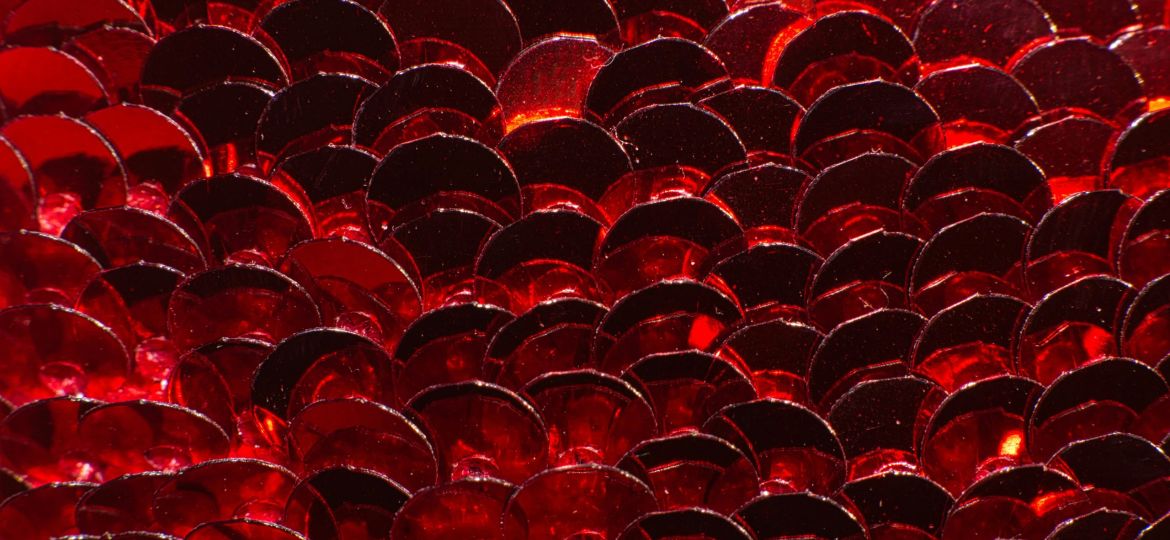
After Arundhati Roy*
You dreamt of your pink dupatta flying over the Lal Quila last night.
It was only yesterday when Maulana saab asked you – where do old birds go to die?
Your scowl escaped his clouded eyes but he sighed when you said
you’d build a graveyard for them in your home count their feathers as they shed them off wash their bodies when they’re cold;
You said you’d do their janaaza.
He taught you to spell your name and you said how you are Anjum and Majnu and both and neither
You are the lover and the beloved.
You dreamt of your pink dupatta flying and heard jisne gulaabi rang deenaa dupatta mera,
You danced to the song and the sound of the hundred bells of the ghungroo Kulsoom Bi tied around your ankles
you felt like the rain on the roof and dust swirling around
the dalan of Khwabgah – the house of dreams.
You sing, you sing Anjum, with the dying song in your throat
with the after-taste of Rooh Afza with the sting of the sweet syringe,
the riot inside your body, the man and the woman in your voice.
Sometimes. Sometimes you feel like the pink stain of cheap lipstick on your lips when you smudged it the first time – pink, but not pink enough
When you wanted to be like Razia –
Razia who slapped you thrice when you lost your way
when you walked in three hours late and felt every bit like
the khushi khor of Khwabgah – like you preyed on their happiness
Anjum,
remember. The smoothened calluses of your palms the stench of Hamdard ointments the brown of your eyes the poem that you are the badtameez shayar could never do justice to.
Remember, the attar you wore, the braid with pink roses that choked the imam’s imaan, the fire that still kindled in your heart and your eyes and your ribs.
You lived through the convulsions in your bowels when you felt yourself but not yourself and it was your body but not your body you clawed at your skin because it did not feel like your skin that you wanted to worship but you never could Anjum,
you never could worship.
And then, you forgave the duniya, Anjum.
You held the patchwork quilt your patchwork body the patchwork voice.
You calmed the riot.
You, with your pink dupatta flying over the Lal Quila and your crooked brows
are both the squalor and the sequins of Chandni Chowk, the lanes of puraani Dilli,
the adhaan from the Jama Masjid, the blasphemy you laugh at,
you love your fitrat Anjum
Theher!
Theher, because you own a heart too large you are your own mazhab and people,
people, Anjum, should hear you say –
“I am, I am not Anjum. I’m Anjuman. I’m a mehfil, I’m a gathering.
Of everybody and nobody, of everything and nothing.
Is there anyone else you’d like to invite?”
*Anjum is a character from Arundhati Roy’s second novel, The Ministry of Utmost Happiness. She is an intersex transwoman, and joins a community of hijras (trans/intersex people who follow a kinship system in the Indian subcontinent) situated in Old Delhi. Khwabgah is their home and Kulsoom bi is their guru (leader/head).
Glossary:
Adhaan: the prayer call in Islam
Badtameez shayar: rude/audacious poet
Dalan: an open courtyard usually in the centre of the house
Duniya: world/universe
Dupatta: a long scarf traditionally worn across the Indian subcontinent
Fitrat: one’s innate disposition
Ghungroo: an anklet with small metallic bells stitched into it, used in many classical dances in India
Imam’s imaan: faith of the imam (the prayer leader of a mosque)
Janaaza: the funeral ritual in Islam
Jisne gulaabi rang deenaa dupatta mera: line from the song Inhin Logo Ne from the movie Pakeezah (1972), literally translated as, “the one who stained my scarf pink”
Khushi khor: one who feeds on somebody else’s happiness
Mazhab: religion/faith
Mehfil: a congregation where usually recitals of poetry/song/dances take place
Puraani Dilli: old Delhi
Rooh Afza: an Indian origin herbal drink used in the making of non-alcoholic sweet concoctions
Saab: honorary title (informal), equivalent to “sir”
Theher: halt/stay/wait
Cover Image: Photo by Joran Quinten on Unsplash